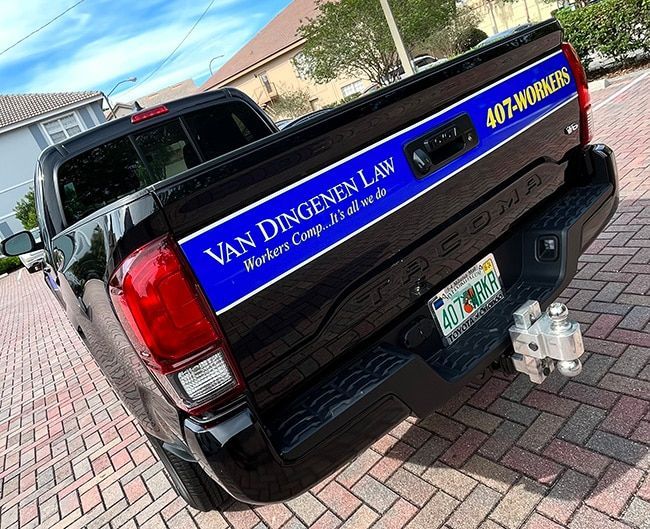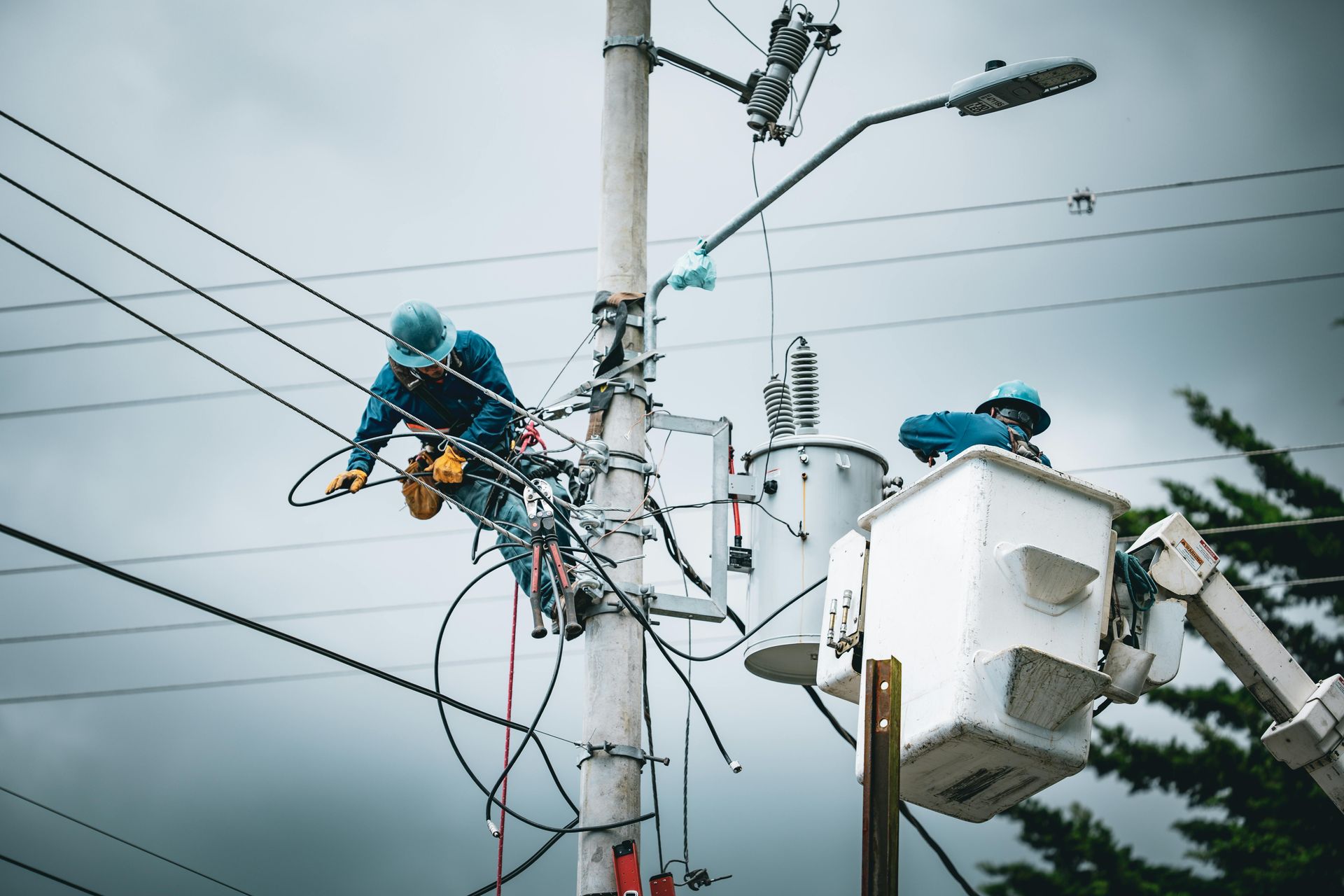5 Florida Workers’ Comp Questions You’ve Probably Asked
Do you know the details of your workers’ compensation coverage and the benefits it can give after being hurt on the job in Florida? If you are like so many other workers and employees, then you probably do not. Employers often do not take the time to adequately explain this important coverage to their staff, leaving people uncertain of their rights after a workplace accident.
To spread some useful information, our team from Van Dingenen Law would like to take this time to answer a few Florida workers’ compensation questions you have probably asked yet never seen anyone else answer. If you have additional questions and need assistance with a claim, you can call us at (407) 967-5377 . From our office in Orlando, we represent clients throughout Central Florida.
Do You Have to Pay Any Medical Bills?
A key benefit of workers’ compensation coverage is the full payment of medical treatments. You should not need to pay any amount of the cost for a treatment deemed to be medically necessary for your work-related injury. Even small copays should be waived upfront to be paid by the insurer.
However, there can be a catch: the insurer could argue that your medical treatments were unnecessary. Elective treatments are not covered by workers’ compensation. An insurance company looking to save some on a payout could try to pick and choose which treatments you have received that it wants to deem as “unnecessary,” even when a doctor has said it was needed to take care of your injuries.
Do You Get Wage Replacement Benefits?
You do not need to be paid anything for lost wages if you are unable to work for 7 days or less due to your workplace injury. On the 8 th day, though, you can start to receive a portion of your regular wages through a benefit check. If you are unable to work for more than 21 days, then you can receive back pay for the wages you did not earn in those first 7 days.
Benefit checks are typically paid to claimants once every two weeks. If eligible, you will be paid 66-2/3% of your average weekly wage, which will likely be based on what you were paid on average across the last 13 weeks before you were hurt. This amount can be adjusted if you worked for only 75% of the days or less during that 13-week reference period. The adjustment will reflect what a worker at a similar position and payroll would have earned in 13 weeks had they worked more than 75% of those days.
Are Pay Benefits Taxable?
The benefit checks that you receive are not taxable, meaning you should not lose any of that money to income taxes. You can be taxed, though, if you return to work under modified expectations while still receiving workers’ compensation benefits. In that situation, though, the taxes should only apply to the wages you earn due to working, not to the benefits that you receive through your employer-provided workers’ comp policy.
How Long Does It Take to Get a Benefit Check?
Florida law typically requires employers and insurance companies to work quickly after receiving word of an injured employee and workers’ comp claimant. Most people should receive their first benefit check within 21 days or 3 weeks of reporting their injury to their employer. With that in mind, your first check will more than likely not reflect the first 7 days of work you missed due to your injury. The insurance company would have likely written the check well before the extent of your injuries and disabilities could have been understood.
If you do not receive your first check within 21 days, then you have several options to use when figuring out why. You can talk with a workers’ compensation lawyer, speak with the insurance company or your employer for details, or call the Florida Bureau of Employee Assistance and Ombudsman (EAO). The same is true if you have been receiving workers’ compensation wage replacement benefits and the bi-weekly checks have inexplicably stopped arriving in the mail at predictable intervals.
Can You Get Workers’ Comp & Social Security Benefits?
When a worker is severely injured and rendered disabled, workers’ compensation benefits might not be enough to keep them financially afloat. Depending on the type of injury and disability, the injured worker might be able to also receive benefits through the Social Security Administration (SSA). Workers’ compensation benefits are not mutually exclusive from SSA benefits, so it is possible to receive both at the same time.
Although, Florida law limits your pay benefits to no more than 80% of your average weekly wages before you had your workplace accident. If your SSA benefits combined with your workers’ comp benefits would cause you to earn about that 80% cap, then the money provided by the workers’ compensation insurance company will be reduced until your benefits are once again compliant with Florida law.
Remember: If you have any further questions about workers’ compensation rules in Florida, then you can contact Van Dingenen Law in Central Florida. Initial consultations about workers’ comp claims are completely free.
The post 5 Florida Workers’ Comp Questions You’ve Probably Asked appeared first on Van Dingenen Law.












